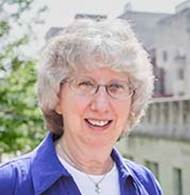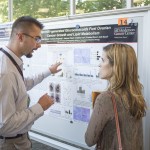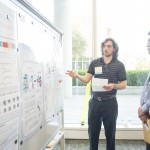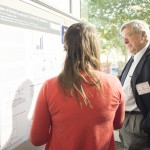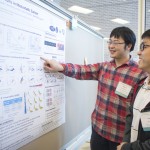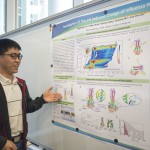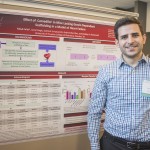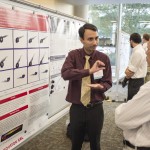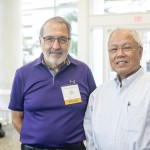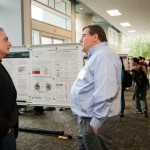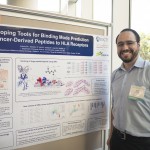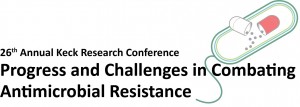 On site registration will be available the day of the conference.
On site registration will be available the day of the conference.
The emergence and spread of antimicrobial resistant pathogens thwarts the effective treatment of microbial infections. To address this public health issue, anti-microbial resistance research is focused on understanding the biology of microbes, their behavior, precisely how they cause disease and how they develop resistance to antimicrobials, in order to discover new ways to combat microbes. This conference will highlight chemical, biochemical, computational, and genomic approaches that provide insights into mechanisms of resistance, treatment strategies and drug discovery of antimicrobials.
Main Auditorium
6500 Main Street
Houston, TX 77030
Chair: Tim Palzkill, PhD, Baylor College of Medicine
Co-Chairs: Julian Hurdle, PhD, Institute of Biosciences and Technology, Yousif Shamoo, PhD, Rice University,
and Lynn Zechiedrich, PhD, Baylor College of Medicine
Confirmed Speakers
Karen Bush, PhD, Professor, Practice in Biotechnology, Indiana University
Dr. Bush’s lab is particularly known for characterizing new beta-lactamases and their interactions with various beta-lactam antibiotics. Dr. Bush serves as the co-gatekeeper (with George Jacoby) of the website that monitors beta-lactamase nomenclature. Her lab currently collaborates with several groups to characterize beta-lactamase production from resistant clinical isolates . Her lab has also collaborated with several pharmaceutical companies to characterize investigational antibacterial agents regarding susceptibility profiles and mechanism of action as part of the information that will be shared with the FDA for possible drug approvals.
Shahriar Mobashery, PhD, Professor, Bioorganic Chemistry & Biochemistry, University of Notre Dame
The Mobashery research program integrates computation, biochemistry, molecular biology, and the organic synthesis of medically important molecules. Bringing together these different disciplines is required to produce both scientific and medical advances for very difficult, but critically important clinical problems. The study of antibiotic resistance is a central theme in the Mobashery laboratory.
Gerry Wright, PhD, Director, Institute for Infectious Disease Research, and Professor, Biochemistry and Biomedical Sciences, McMaster University
Dr. Wright’s research team is using a strategy termed Genomic Enzymology to study antibiotic resistance. In this approach, predicted antibiotic resistance genes are identified from available genome sequences or by direct cloning of new resistance elements based on phenotype. This is followed by rigorous structure/function analysis to understand the molecular details of resistance.
Lingchong You, PhD, Associate Professor, Biomedical Engineering, Duke University
Dr. You’s research interests focus on computational systems biology & synthetic biology, including mathematical modeling of cellular networks; mechanisms of information processing by gene networks; design, modeling and construction of robust gene networks for applications in engineering and medicine. His research combines mathematical modeling and experiments to analyze dynamics of cell signaling processes, including cell cycle regulation, bacterial response to antibiotics, and cell-cell communication.
Helen I. Zgurskaya, PhD, Professor, Chemistry and Biochemistry, University of Oklahoma
Dr. Zgurskaya’s research is focused on understanding fundamental principles that govern permeation of antibiotics into bacterial cells and on development of novel small molecule therapeutics that potentiate activities of antibiotics.
